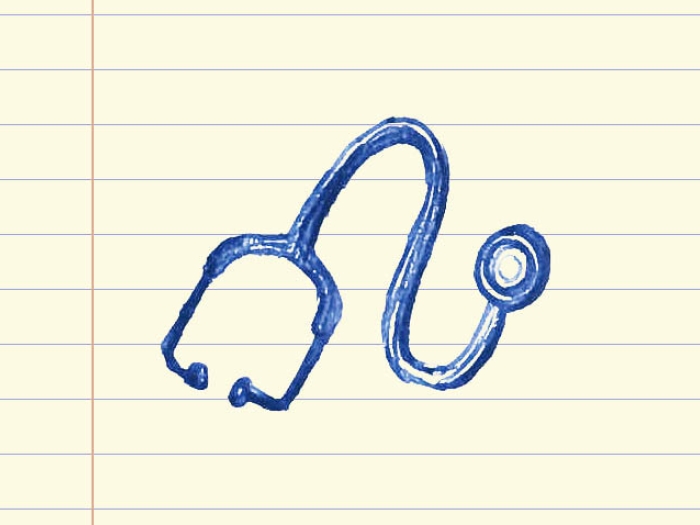Black or white, man or woman, providers got similar satisfaction and confidence scores from simulated patients in new research with implications for quality reporting.
11:07 AM
Author |

When a patient arrives at an American emergency room today, they have a higher chance than ever before of seeing a doctor who's a woman or a person of color. And they're also more likely than ever to get a survey after they go home, asking how satisfied they were with their ER care.
But some have worried that a combination of increased physician diversity, underlying patient biases, and more emphasis on ER satisfaction ratings could create issues – especially if hospitals with low ER patient ratings face public reporting or even financial penalties in future.
A new study from the University of Michigan and Yale University may ease some of those fears. Published in JAMA Network Open, the study finds that patients rated their satisfaction with a simulated ER visit just as highly if the doctor randomly assigned to them was white or African-American, and man or woman. Confidence in their doctor also didn't vary based on physician gender or race. This held true even after the researchers took into account variation in respondents' demographic characteristics and attitudes like prejudice and sexism.
Lead author Rachel Solnick, M.D., M.Sc., says, "We were really surprised that even after looking at these data in many different ways, we did not see evidence of racial or gender bias affecting patient satisfaction or confidence. This is not to say that people are bias-free, but it did not appear to enter into their ratings of care in surveys. This is good news, with a grain of salt." Solnick is an emergency medicine physician at Michigan Medicine and a National Clinician Scholar at the U-M Institute for Healthcare Policy and Innovation.
Read more about this study from the U-M Institute for Healthcare Policy and Innovation.
Paper cited: "Effect of Physician Gender and Race on Simulated Patients' Ratings and Confidence in Their Physicians," JAMA Network Open. DOI: 10.1001/jamanetworkopen.2019.20511

Explore a variety of healthcare news & stories by visiting the Health Lab home page for more articles.

Department of Communication at Michigan Medicine
Want top health & research news weekly? Sign up for Health Lab’s newsletters today!





